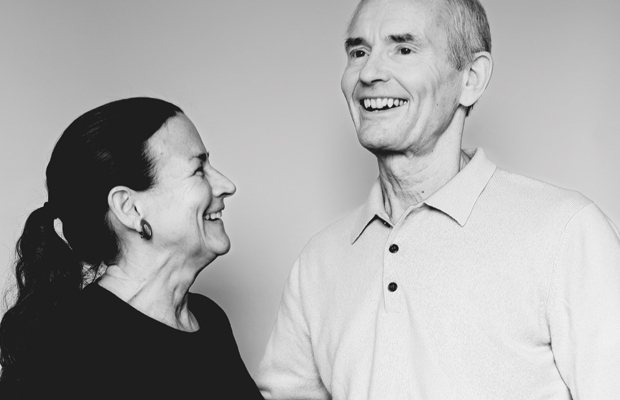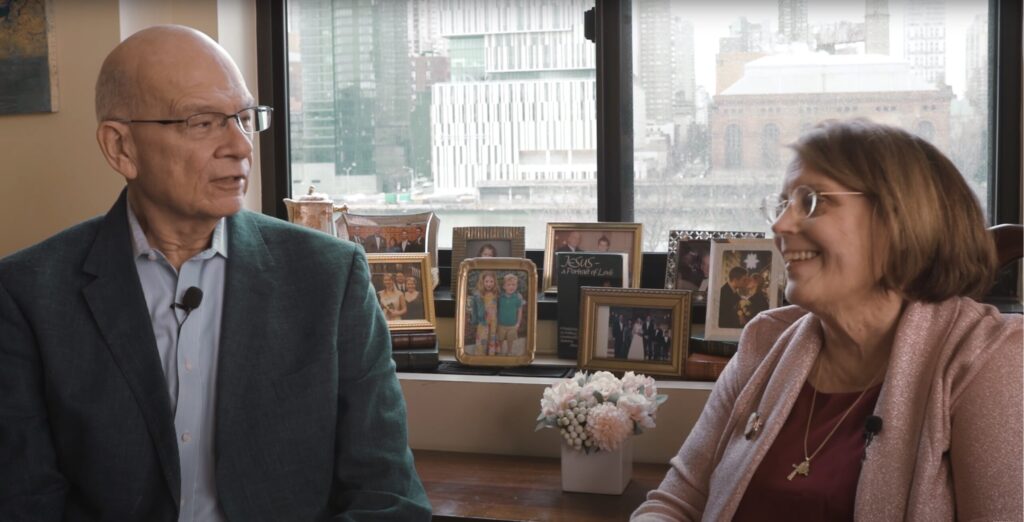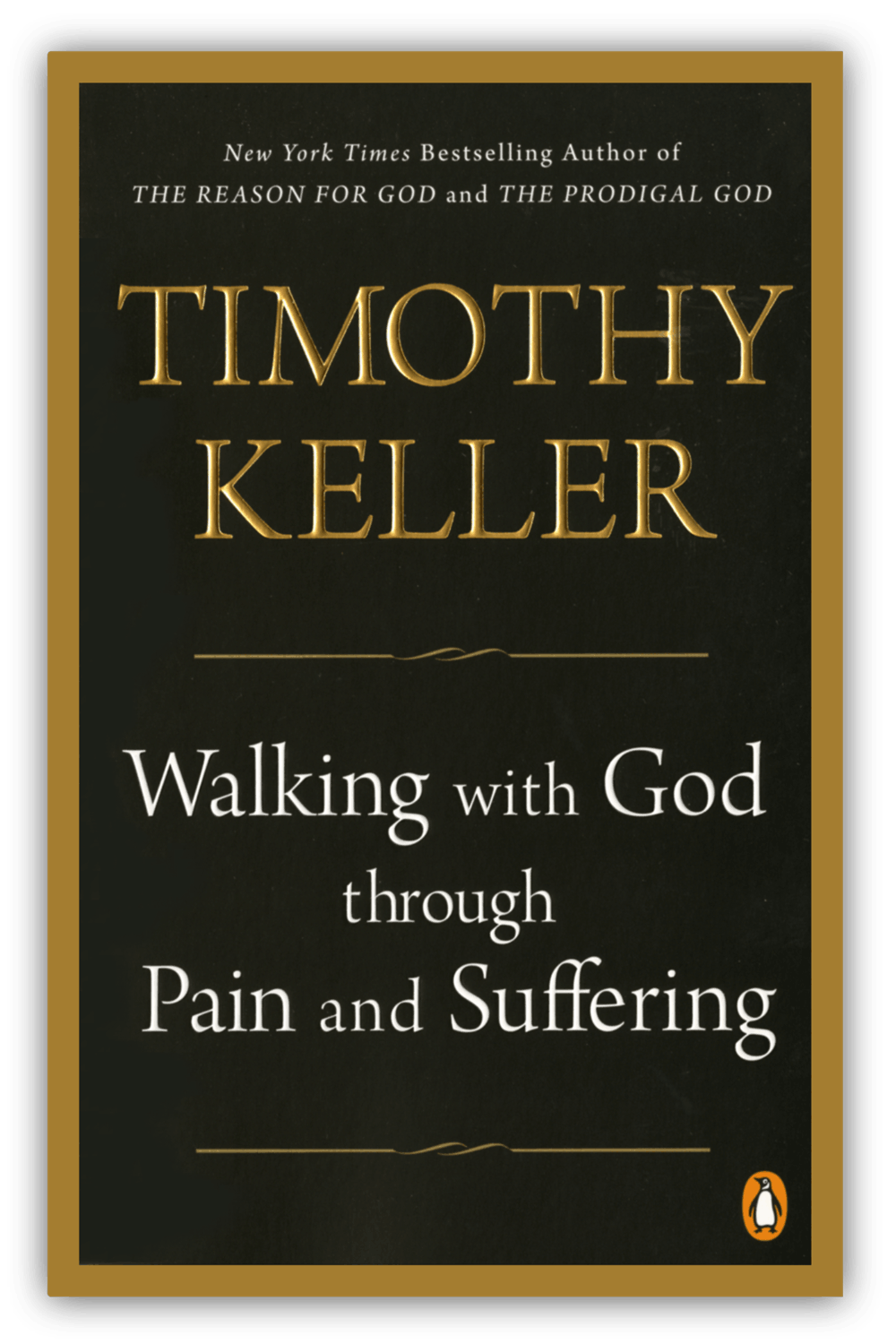A True Allegory
I was baptized in September 2020 during Rosh Hashanah, the Jewish New Year, which commemorates the act of Creation when God brought light into the darkness. I didn’t plan it out this way; it just so happened, as things of significance often do. I wish I could recount the full story of what led me into that lake, but it hasn’t been revealed to me yet. C.S. Lewis observed that “man’s search for God” would be better framed as “the mouse’s search for the cat.” Likewise, I could not have possibly pursued God; He was already pursuing me. So in lieu of the full story, I’ll flash back five years to my first night in a rural village in Burkina Faso, where I served as a Peace Corps Volunteer from 2015–2017. On that warm September night in 2015, five years before my baptism, I was an unwitting foil in a rare literary form that I call a true allegory: True, because it actually happened. Allegorical, because it was obviously authored by the One who wrote the full story of salvation, and it is pregnant with symbolism that I could not have possibly understood at the time.
The Peace Corps car dropped me off under a baobab tree in a village called Tangasgo in the central-north region of Burkina. I was left in the care of one man, Sidiki, who was among the few villagers who spoke fluent French, so he could introduce me to the village and walk me to my mud-brick hut about a quarter mile down the dirt path. The sun had set hours before, so the moon was our only source of light. In Arabic, the name Sidiki means “my friend.” I studied Arabic in college, and I tried to express the semantic serendipity I heard in that. Sidiki didn’t speak Arabic, so the melody rang in my ears alone. As we walked along the path to my new home, I kept close to Sidiki, shoulder-to-shoulder, feeling for rocks and roots with my feet, but relying entirely on his eyes, which were trained from infancy to walk these paths by moonlight. Suddenly, I felt him grip my arm and yank me off the path, crying out, “Attention: serpent!” Look out, a snake! As he pulled me back, he lunged himself forward, and in one swift stomp, Sidiki crushed the snake’s head under his heel. Snakes in this region are deadly venomous, and the nearest hospital was many miles away. So, on my first night in his village, Sidiki saved me from certain death. I can say with conviction that after two years of service, I never came close to repaying that debt.

This is not the story of how I came to faith. I was nowhere near ready to accept the gospel when I arrived in that village in September 2015. I hadn’t even heard the gospel yet. It is, however, a fitting representation of my relationship to Christ. I have not sought Him so much as He has made it increasingly clear to me, moment by precious moment, that my life is utterly contingent on His saving grace.
From my youth all the way through my late twenties, I was an atheist. I cut my theological teeth, as it were, on the writings of Dawkins, Hitchens, Harris, and Dennett—the so-called “New Atheists”—who were certain that “the God concept” was a pathological delusion. Now I see that the atheist argument is essentially circular: There couldn’t possibly be a God, so those who claim to know Him must be deluded. It’s a blatant fallacy, but I somehow couldn’t see it then.
I am reminded of verse 10 in the letter of Jude, where it is written of false teachers, “these people blaspheme all that they do not understand, and they are destroyed by all that they, like unreasoning animals, understand instinctively.” The only way to know God, then, is for our instincts to be changed. Where God is present, our capacity for reason doesn’t improve, but our premises are amended to make room for Him. As Tim Keller has often expressed, God’s rejoinder to the atheists is not a perfect syllogism, but a perfect Person. When Christ came into my life, He upended the table. His words and deeds have flipped my seat and sent me tumbling toward the New Jerusalem.
I accepted Christ consciously in the summer of 2019, just about a month before I started my first semester at Harvard Law School. I had been engaged in a series of conversations over the course of the preceding months with a friend and coworker who was exploring Christianity himself. He sent me a sermon by Tim Keller on idolatry that was trained like a guided missile at the heart of the striving Manhattanite—we who are in desperate, panting pursuit of money, prestige, and power to fill the God-shaped void in our hearts. We who collect and display our professional accolades and sterling resumes in an effort to justify our existence. Yet no achievement ever seems to satisfy our need. As I contemplated my next move, to that great and powerful institution that promises all the success and respect and material comfort in the world, I felt nothing but despair, vanity, and emptiness.
In all of my efforts, I had been striving to stretch up to God, whose existence I hadn’t even yet acknowledged. But the chasm that lay between us was so vast that it could only be bridged by God coming down to me. And so he did.
I listened to the sermon and heard for the first time what I now know to be the core of Christianity: that nothing I can achieve or acquire in this world will ever make me feel fully justified or secure. Only the finished work of Christ on the cross can do that. In all of my efforts, I had been striving to stretch up to God, whose existence I hadn’t even yet acknowledged. But the chasm that lay between us was so vast that it could only be bridged by God coming down to me. And so he did. And he lived the perfect life; he performed as I, the striving perfectionist, never could. And he took the punishment I feared I deserved if I couldn’t perform.

The gospel was the perfect (and only) antidote to my existential angst. Hearing the work of Christ on the cross described that way—in the context of my own sudden certainty that all the prestige and power and achievement under the sun could never satisfy my ambition—brought me instantly to my knees. Suddenly, I was dependent on God himself for my salvation. I flashed back to the way I felt that first night in Burkina Faso, when Sidiki crushed the head of the snake with his heel. I was utterly dependent yet somehow, miraculously safe. Saved. There was nothing I did to deserve my life being spared. Indeed, there was nothing I could do. I had to accept it as a gift, with nothing to offer but my sincere gratitude.
Work is different now, after having received a heart of flesh in place of my former heart of stone. Last year, I graduated law school and passed the bar, and I now work at a high-powered litigation firm in Manhattan. The work is difficult and stressful, but it does not crush me or consume me. I am free to do excellent work and serve my superiors and my clients with zeal because I do not face the more profound and pernicious pressure of having to justify myself to my peers and, ultimately, to God. Christ’s work on the cross provides that deep rest—as Pastor Keller called it, that “REM sleep for the soul”—that frees us to do good work, out of sheer gratitude and for the glory of God. I shudder to think how restless, stressed, and insecure I would be if I had to do this work apart from Him. But with a gospel-changed heart, all things are possible, and anything is bearable. So thank You, Lord, for chasing me down. While I was still living in ignorance, You pursued me. You brought me home.




